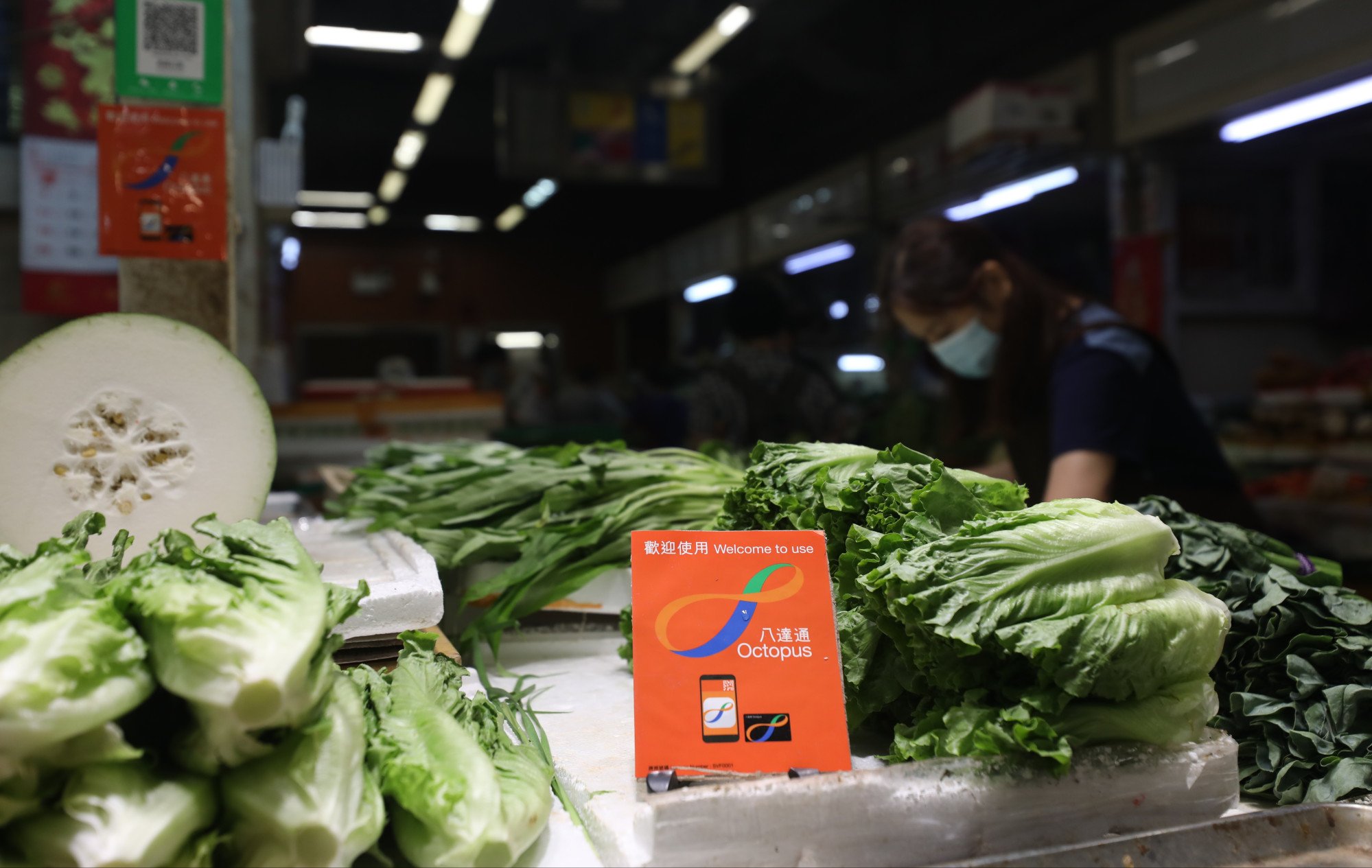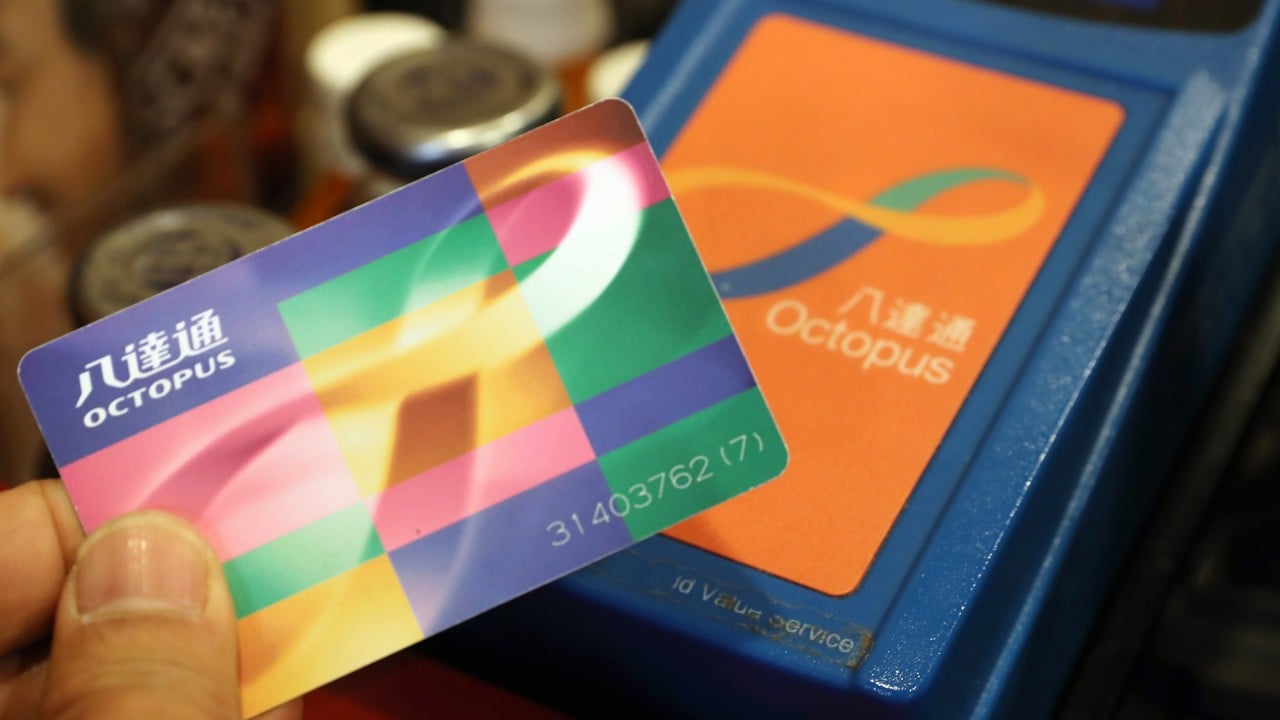Some Hong Kong merchants, especially in the catering sector, have ditched local e-payment system Octopus to cut costs, at a time when more residents are shying away from spending in the city and heading over the border to splash out.
The Post observed a number of businesses had opted out of using Octopus card readers after installing them during the Covid-19 pandemic to capitalise on the government’s issuing of e-vouchers to boost public spending.
Some merchants said they had stopped using the e-payment system to cut down on the costs.
Businesses are facing a tougher market amid a growing trend of Hongkongers crossing the border to spend money on cheaper goods and services in mainland Chinese cities such as Shenzhen, while also being backed by a stronger Hong Kong dollar.
Over in Sham Shui Po, cha chaan teng Golden Garden Cafe recently stopped accepting Octopus payments but retained AlipayHK as the venue’s sole e-payment option.
AlipayHK is owned by Ant Group, an affiliate of Alibaba Group Holding, which owns the South China Morning Post.
The restaurant, which is located close to several stores, adopted e-payment methods amid the pandemic to entice those looking to spend their e-vouchers.
Retiree Lee Cho-cheung, 65, expressed surprise over the weekend when a restaurant cashier told him that Octopus was no longer an accepted e-payment method.
“Why don’t you accept Octopus?” he asked at the time.
“We have to do more business to cover the costs of using Octopus, and business is so difficult now,” the cashier replied.
The restaurant employee added that while the Octopus only took a small cut from every transaction, every penny mattered during a business downturn.
AlipayHK and Octopus operate different charging models for merchants using their e-payment services.
The former, for example, offers a charge-free monthly quota of HK$50,000 (US$6,400) for transactions at cha chaan teng.
Once the threshold is passed, the restaurant will face a 1.2 per cent fee for any further transactions. The charge-free monthly quota is also scrapped once that level is surpassed.
When non-transport businesses transfer funds from their commercial Octopus accounts to their banks, the provider will charge 1.5 per cent of the transaction involved, or a minimum of HK$1, as a service fee.

Wu Yeung Chun Shanghai Restaurant in Causeway Bay was among those reverting to just cash after previously installing an Octopus card reader during the pandemic.
A cashier at the eatery, who declined to be named, said the restaurant preferred the simplest payment method possible – cash.
Lawmaker Michael Tien Puk-sun said he suspected the practical inconvenience of the technology behind the Octopus e-payment system was more likely a reason for the shift than economic ones.
“This really matters in a wet market when vendors don’t want to take off their gloves and input an amount into an Octopus reader,” he said. “That partly explains why AlipayHK and WeChat Pay are more popular at wet markets.”
Octopus is due to announce measures to support small and medium-sized enterprises and micro businesses on Tuesday afternoon.
There are currently at least 20 e-payment platforms available in Hong Kong, with Octopus, AlipayHK and WeChat Pay among the most popular.
Hong Kong-based consultancy firm Quinlan & Associates published a survey last year that showed the total value of e-payments had risen 14 per cent between 2019 and 2022 to HK$249 billion.


